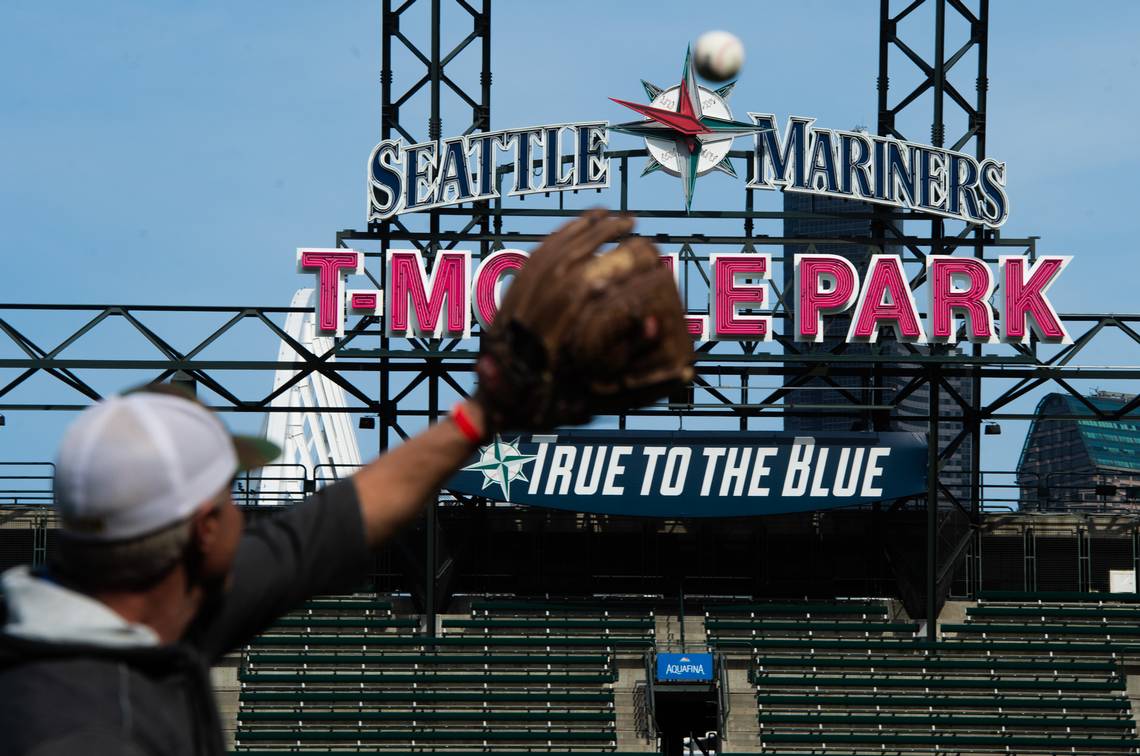
Back before COVID-19 shut down all of professional sports, various projection models placed the Seattle Mariners’ win total, based on an 162-game schedule, in the high 70’s, with a finish in the cellar of the American League West and light years from the playoffs.
Now, in mid-May, the Mariners’ prospect for making the playoffs could be much more likely if the latest proposal for resuming the season is adopted.
Over the weekend, the owners agreed on a plan that would see the season resume around July 1 with an 82-game schedule, played without fans in the stadiums. Also, the playoffs would expand from 10 teams to 14.
As of this writing, there has been no report on the players’ response, although it is being reported that adjusted compensation has not yet been discussed.
How the New Proposal Could Benefit the Mariners
The most obvious potential benefit for the Mariners is the expansion of the playoff pool. In a 10-team- playoff only a third of teams can make the postseason. But with 14 teams competing for the World Series, almost half the league would be invited to the dance.
If 7 teams from the AL had been represented in the postseason, the Mariners would have made the playoffs two of the previous four seasons. The drought would have ended in 2016. And that was in 162-game seasons.
For baseball, an 82-game season introduces far more randomness. True talent doesn’t manifest itself in baseball until about 75 games. In a normal season, around the 75-game marker, there would still be more than half the season to go. But in a shortened season, really good teams could just be getting going, while less talented teams could be beginning to regress to the mean.
For instance, on May 13, 2019, the Philadelphia Phillies, Chicago Cubs, and Tampa Rays were all in first place in their respective divisions. None of them won their divisions and the Phillies and Cubs failed to even make the playoffs.
Fast forward to July 1, around the 82-game mark—or the length of the proposed 2020 season—all of the division leaders had emerged, but the Cleveland Indians, Texas Rangers, Chicago Cubs, and Colorado Rockies were in the thick of wild card races. None of those teams made the playoffs. A smaller sample size can benefit weaker teams and vice versa. Really good teams could suffer under the shorter season.
It’s fair to say that coming into the season, the Mariners were considered one of the weaker teams, not only in the AL but in all of baseball. The best talent in the Mariners’ system would’ve been either in their first season in the big leagues or still a year or two away in the minors. But given a few hot streaks and a bit of luck, the Mariners could snap their playoff drought in an 82-game season.




